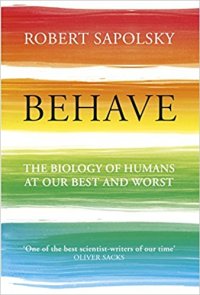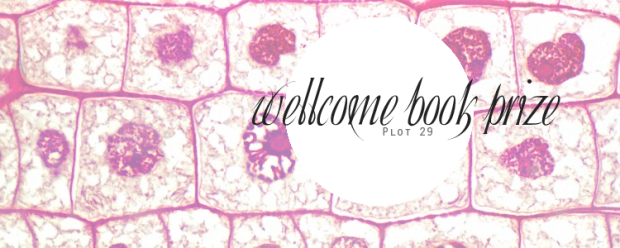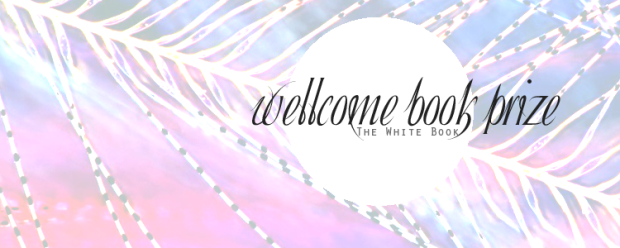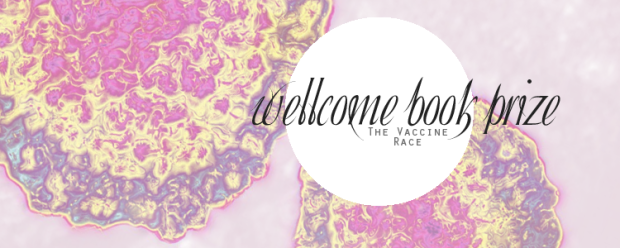

Rating – 3*
This was another book on the Wellcome longlist, and one that as soon as I read about I knew I wanted to read. It was possibly one of the more difficult books to read – it came in at around 800 pages with footnotes and appendices – and while not easy to read, it certainly was an enlightening one.
The first 100 pages are essentially a neuroscience and behaviour primer. To understand the rest of the book, it’s essential to grasp the basics. I appreciated this as I have not done any neuroscience, or behavioural science, ever. The book spans history, and how our brains have influenced behaviour – and how we’ve learnt from history too.
There are sections on many controversial topics, and while I don’t agree with his politics or his view points on many of them, he does at least attempt to give both sides of an argument. I found the chapter on crime and punishment fascinating, how we deal with criminals, and criminal behaviour and how that links in to their own biochemistry. Also, a rather controversial topic is youth offenders – can we really punish them as adults when the prefrontal cortex of their brain hasn’t fully developed until early to mid-twenties? The prefrontal cortex is the region of the brain which deals with reasoning and logic. It doesn’t skirt around difficult topics, that much is sure.
Where his passions really shone through is in the area he is famous for – primate behaviour. I know nothing about this area, but one of my friends is an anthropologist and when she found out I had this book was itching to get her hands on it (so she’s borrowing it!) as his research on primate behaviour is internationally renowned. Having had her explain things to me, and then reading this book, I think I understand why she likes him so much as an author because the bit of the book on that subject was possibly one of the more readable sections!
Of all the books I’ve read for the prize (and I succeeded in all but one of the longlist), this was certainly the most academic of them. In parts it read a bit too much like a textbook, which is why I found myself drifting in and out of focus while reading it, and why I ultimately gave it only 3 stars. It isn’t that it is bad, it’s that it’s dense – it’s a very, very vast topic and it’s dealt with incredibly well. It’s just dense. I don’t think it’s fair for me to judge this book on my reading experience – the content was incredible, the writing was good, but my attention span waned and that’s my reasoning for 3 stars.
I think if this book were to be released as an audiobook, I’d jump on it because I do think I’d be able to take a hell of a lot more in that way! Come the 200 page mark I was itching for an audio version of this book – and unfortunately it doesn’t exist on Audible UK!
Needless to say, I had my issues with this book. It wasn’t bad, it was just clunky! Definitely one which will be better on audio, and definitely one to be read slowly. Even over 10 days I think I may have read it too fast!
















